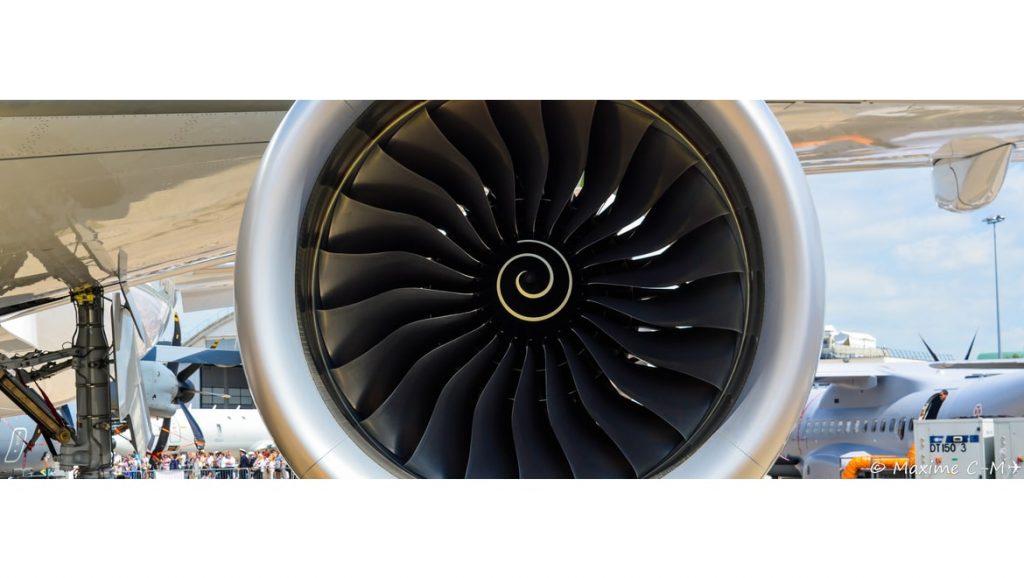
British manufacturer Rolls-Royce has found premature wear, including the formation of small cracks, on “some” of its Trent XWB engines, which power Airbus A350 aircraft.
These cracks were identified on a “small number” of Trent XWB-84 engines that have been in scheduled service for four to five years, during a round of regular shop visits.
Specifically, the manufacturer found wear in one or two blades of the Intermediate Pressure Compressor (IPC) of the affected engines.
Younger models of the engine appear to be unaffected.
While none of the affected engines have reportedly resulted in any abnormal in-flight operation, the engine manufacturer stated it will inspect all Trent XWB-84 engines that have flown for a similar amount of time, as a precaution.
There are around 100 Trent XWB-84 engines that have been in operation for this time period.
The company noted that it was announcing the fault to pre-empt any “potential speculation” that might arise, following upcoming EASA airworthiness directions, expected to be released on Wednesday.
In light of the finding, the publicly listed company reassured investors and A350 operators that it does not expect the problem to create a “significant” disruption for customers, or material cost.
This is thanks to the limited scale of additional work needed to address the wear during existing shop visits, along with the availability of replacement parts and spare engines, according to the manufacturer.
Commenting on the matter, Rolls-Royce civil aerospace president Chris Cholerton said, “The Trent XWB-84 has experienced the smoothest entry into service of any widebody engine we have developed.
“Engines now coming in for overhaul have travelled the equivalent of 350 times around the world, with no unplanned maintenance.
“It is reassuring to see that our proactive inspection regime has enabled us to identify and swiftly address this issue and minimise any potential impact on our customers.”
Rolls-Royce said the IPC blade problem in the XWB-84s bears no relationship with the problems presented by its troubled Trent 1000 engine, which powers the Boeing 787.




